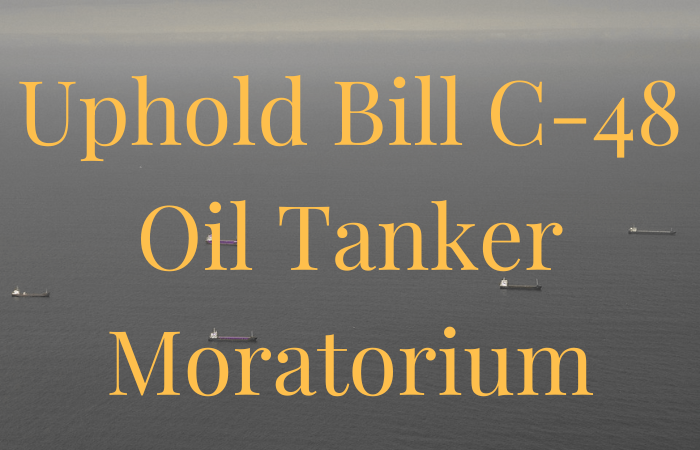World community urges comprehensive response to human rights violations facing Indigenous peoples in Canada
May 1, 2013Aboriginal Affairs Minister misleads Indigenous peoples and public on UN Declaration
June 12, 2013Permanent Forum on Indigenous Issues
Twelfth session
New York, 20 – 31 May 2013
Agenda Item 7: Human Rights
Study on the extent of violence against Indigenous women and girls in terms of Article 22 (2) of the UN Declaration on the Rights of Indigenous Peoples
Joint Statement of Amnesty International Canada; Native Women’s Association of Canada; Femmes Autochtones du Québec; Amnistie internationale Canada francophone; First Nations Child and Family Caring Society of Canada; National Association of Friendship Centres; Canadian Friends Service Committee (Quakers); Federation of Saskatchewan Indian Nations; Union of British Columbia Indian Chiefs; Chiefs of Ontario; Grand Council of the Crees (Eeyou Istchee); KAIROS: Canadian Ecumenical Justice Initiatives; First Peoples Human Rights Coalition.
Our organizations welcome the Permanent Forum’s important and much needed study on violence against Indigenous women and girls.
Indigenous women around the world have testified to the shockingly high rates of violence that they face. The largely unresolved legacy of racism and the devaluing of women under colonialism, the ongoing marginalization of Indigenous peoples, and the systemic discrimination faced by women in every region of the world, all combine to fuel acts of extreme brutality against Indigenous women and girls while denying them the full and adequate protection and safety in their day to day lives.
Unfortunately, as the study notes, States have not dedicated adequate resources to exposing and understanding the particular patterns of violence that threaten the lives and safety of Indigenous women and girls or to enacting the specific measures needed to address this violence in a comprehensive way. Most States do not even maintain gender-disaggregated data on the rate of violence specifically targeting Indigenous women and girls, a fact that perpetuates the invisibility of these crimes. We support actions to increase community safety and for National Public Commissions of Inquiry into violence against Indigenous women and girls where violence against Indigenous women is going unrecorded and undocumented so it can no longer be denied.
We welcome this study’s focus on Articles 21 and 22 of the UN Declaration on the Rights of Peoples which calls on States to pay particular attention to the “rights and special needs” of Indigenous women and other vulnerable members of Indigenous society and which require states to “take measures, in conjunction with indigenous peoples, to ensure that indigenous women and children enjoy the full protection and guarantees against all forms of violence and discrimination.” These provisions are significant in their own right as a clear call for action. They are also significant because they clearly integrate State obligations to address violence against Indigenous women within the larger framework of Indigenous peoples’ human rights as set out in the Declaration and in other international human rights instruments.
We believe strongly that the pervasive and systematic nature of violence against Indigenous women necessitates a comprehensive response capable of addressing the root causes of this violence. We support the study’s findings that particular attention must be paid to the needs of Indigenous women in all measures to advance the rights of Indigenous Peoples and that violence against Indigenous women must be addressed within the wider framework of protection against discrimination and respect for the collective rights of Indigenous Peoples.
In January 2007, the United Nations General Assembly adopted a resolution that called on all states to fulfill their responsibility to eliminate all forms of violence against women “by means of a more systematic, comprehensive, multisectoral and sustained approach, adequately supported and facilitated by strong institutional mechanisms and financing, through national action plans…” [1] The resolution named as critical areas for action: equal access to justice; access to housing, health, and education; women’s rights to land and property; vulnerability to HIV/AIDS; the importance of poverty eradication; the need for better and more accurate data collection; the need for public education and training of police and public officials around discrimination and stereotyping; and the need to better understand how gender violence intersects with other forms of discrimination, including racial discrimination.
In 2009, the UN General Assembly adopted a second Resolution calling for National Action Plans to end violence against women. In this resolution, the General Assembly called on all states to provide “adequate financial support for the implementation of national action plans to end violence against women” and to allocate “adequate resources to promote the empowerment of women and gender equality and to prevent and redress all forms and manifestations of violence against women.”[2] The resolution also calls for ongoing monitoring and evaluation of progress made toward the goals of the National Action Plan.
The United Nations Secretary-General’s campaign, UNiTE to End Violence against Women, which is associated with the Millennium Development Goals, calls on all countries to have adequately-resourced National Action Plans to end violence against women adopted and underway by 2015.
The Permanent Forum’s study makes a clear case why such National Action Plans must pay particular attention to violence against Indigenous women and girls and why the UN Declaration should be used a guiding framework in the elaboration of such National Action Plans. To this end, we would like to suggest three additional recommendations that are consistent with and complementary to the Study’s findings:
Recommendations
1) THAT States work in collaboration with Indigenous Peoples to ensure that, in fulfillment of United Nations General Assembly Resolutions calling for the creation and implementation of National Action Plans to end violence against women, particular attention is paid to the needs and rights of Indigenous women and girls as required by Articles 21 and 22 of the United Nations Declaration on the Rights of Indigenous Peoples.
2) THAT States use the United Nations Declaration on the Rights of Indigenous Peoples as a key framework for the development of National Action Plans to end violence specifically against Indigenous women and girls and ensure that the human rights protections set out in the Declaration are a cornerstone of such plans.
3) THAT recognizing that in some States, effective interventions have already been identified at the local, national and international levels – States should undertake immediate and comprehensive measures, in consultation and cooperation with Indigenous peoples, to ensure the continued operation of effective interventions and to implement new measures to address violence against women and girls while National Action Plans are developed.
[1] UN General Assembly, Intensification of efforts to eliminate all forms of violence against women: resolution / adopted by the General Assembly, 30 January 2007, A/RES/61/143.
[2] UN General Assembly, Intensification of efforts to eliminate all forms of violence against women : resolution / adopted by the General Assembly, 30 January 2009, A/RES/63/155.




